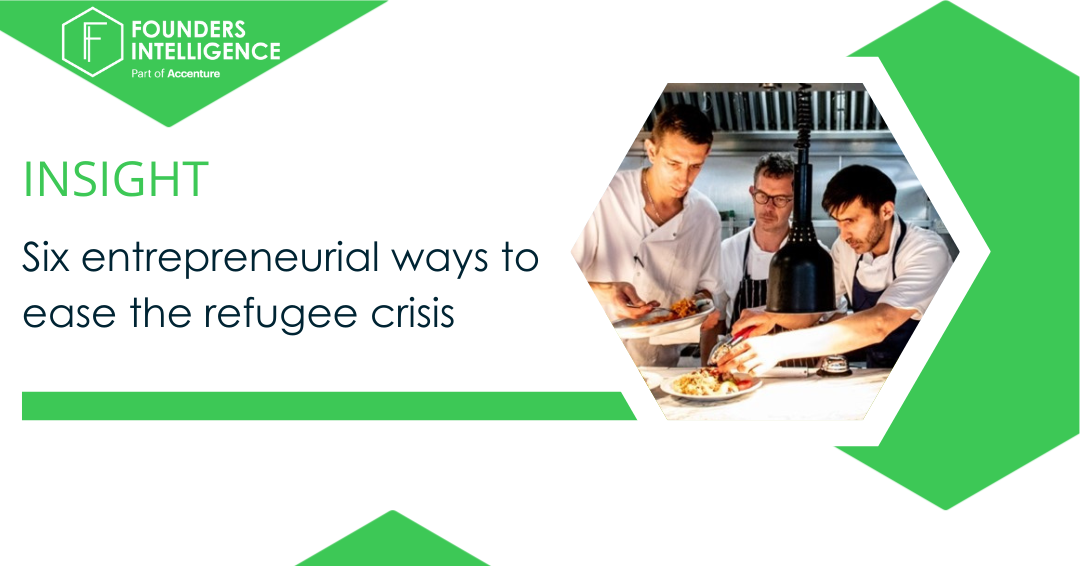Leading law firms taking action to better serve entrepreneurs
We caught up with Lisa Worcman, Partner at Mattos Filho, and talked about how she serves the tech industry and what has changed during the pandemic

Hello Lisa, tell us a bit about yourself and your background in law.
I started off as a tax attorney in a leading law firm working for US media conglomerates. This gave me early exposure to the media and entertainment industry, and visibility into how corporates were thinking about IP and digital. After being seconded into such clients abroad, I returned to Brazil and completed seventeen years with the same law firm before becoming an entrepreneur building a career as independent external counsel.
A year and a half ago, I joined Mattos Filho as a Partner after discovering the office had big ambitions to build a differentiated legal firm. Today I am an active member of the firm’s Tech Committee, with a mandate to serve and grow clients in the technology sector.
What would you say are key characteristics setting Mattos Filho apart?
Mattos Filho is a firm that has made a strategic commitment to innovation, a message that is shared from the top down. Building a diverse firm through gender equity and diversity of background is also key to our mission. Building diverse teams creates diversity of opinion and, as a result, diversity of perspective for our clients, which sets us apart.
This is supported by our ability to attract and retain top talent. Ten years ago, we shifted our incentive structure to be more entrepreneurial and group orientated. More collaboration has allowed us to serve our clients in dramatically improved ways versus the more individual approaches employed in the past.
We are also highly enthusiastic about the strategic implications of emerging technologies. We recently published The Guide to Blockchain, a 100+ page report detailing different applications for blockchain technology and how to make them work from a legal standpoint. This work reflects our inherent curiosity and ability to stay ahead of the game on behalf of our clients.
How has the pandemic affected the legal industry?
The pandemic has given technology an even more prominent role, and it has rippled through the entire legal industry. We are more comfortable working online and leveraging digital tools, something that would have been challenging to achieve pre-pandemic.
In the past, lawyers were afraid that technology would compromise job security. Now the industry sees technology as an asset and enabler that can enhance delivery capacity and service quality.
We do not believe the human-centred lawyer profile will go away, but it is important to distinguish between strategic and commoditized work. We need to be fast to rethink what tasks and processes are better suited to software and automation and put more brain power toward high-value strategic advice that generates real impact for our clients.
Could you share a bit more about your tech client portfolio, including International clients?
Brazil is a complex country to do business in. For example, tax is a sensitive matter that requires expert guidance. Depending on the description of a business activity, remittance costs may go from 40% to 0%, so having the right legal structure can yield huge economic gains (or losses). Understanding what different technologies do for purposes of IP registration is also important to avoid incurring unnecessary tax costs.
Another example is that we are also spending a lot of time thinking about the new open banking reality, including the fintech sandboxes that will enable entrepreneurs to get new services to market quickly. These businesses will become the backbone of future market growth and we are excited to welcome them as Partners.
We have been lucky to support multiple international tech players with their “land and expand” strategy in Brazil. However, our client portfolio is remarkably diverse, from start-ups to unicorns and big techs, and across (virtually) every industry.
Given our relatively young age as a firm (28 years old), we see every interaction with our clients as an opportunity to grow with them and continue to build in new layers of collaboration. For instance, we have recently started to “invest hours” with entrepreneurs, supporting early-stage ventures’ commercial goals by giving them strategic legal advice.
How do you set up to deliver legal services for tech clients?
We assemble multi-disciplinary teams and group-think sessions to determine how companies can quickly set up shop without losing competitive advantages or speed. It is important that we understand how a novel technology should be framed within the regulatory environment in Brazil, to make it both compliant and competitive.
We are constantly thinking about how to address these emerging needs with new skills and perspectives, aiming to have generalists alongside specialists in the firm, not just legal experts. An area we are excited about is visual law, which stretches across new ways of communicating our work with methodologies like design thinking.
Tech clients also seek legal advice that is powered by digital tools. To that end, we have an internal innovation team that is constantly scanning regional and international technologies to integrate into our workflows, including lawyer staffing systems and intelligence-gathering platforms we can leverage in M&A due diligence processes, among others.
Tell us a bit about Mattos Filho’s Tech Committee and the impact it has had on your positioning?
The Tech Committee was formed 3 years ago to look outwards and understand how to better serve tech clients in Brazil and Internationally. This is important because tech clients have different expectations in terms of efficiency and communication, and a completely different risk-profile. We need to be set up internally to deliver against these new expectations and to continuously learn from their incredibly dynamic growth paths.
It is increasingly harder to separate the lines between tech and non-tech businesses, as traditional industries are now having to make the leap. On behalf of the firm, we aim to be the bridge with this ecosystem, helping translate and disseminate developments in monthly meetings across the firm. Recently we have also seen more traditional clients come to us with questions related to regulation and their digital transformation, so we believe the work we are doing with the Tech Committee will be transformative for our entire client portfolio.


